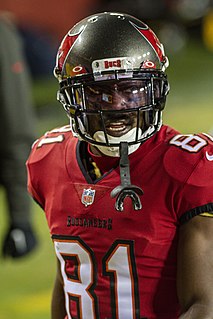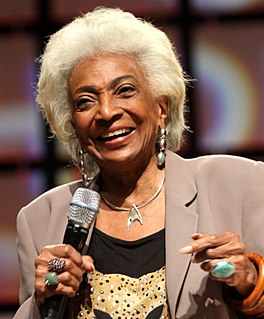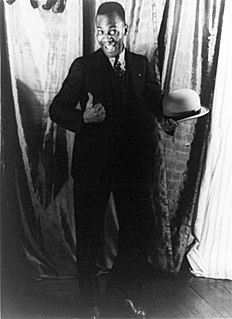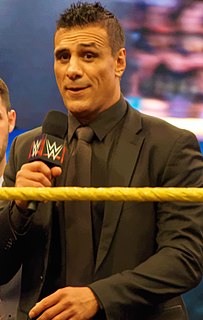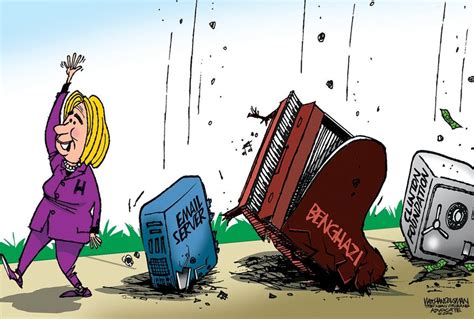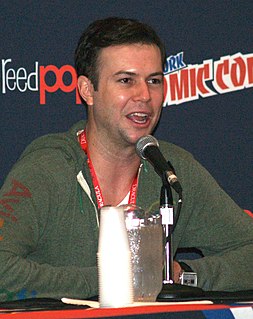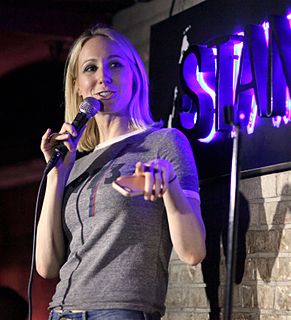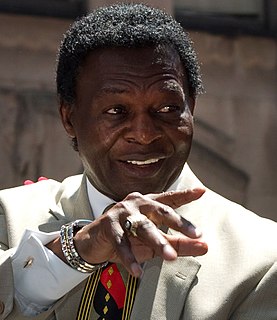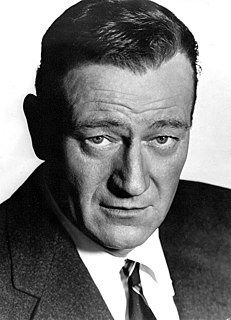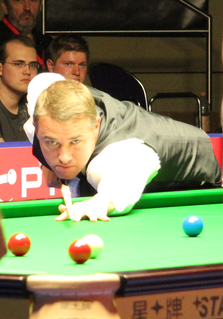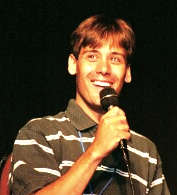A Quote by Paul Wesley
I think any time anybody sees the bad guy show emotion and you're not hitting the audience over the head, there's always a tinge of empathy for that individual.
Related Quotes
When you see Robert Englund in a movie, you think he is the bad guy, but if I'm not the bad guy, and I'm supposed to just kind of fool the audience, it makes it a lot easier for whichever actor is the bad guy. So I find myself doing a lot of those, I think they're called red herring characters, faking out the audience.
If you're playing a good guy, you show some darkness. If you're playing a dark guy, you show something different, like humor, that will mix it up and hopefully surpass the audience's expectations. What I'm battling all the time is complacency in the audience. I try to bring a little mystery to what might happen because that engages people more.

